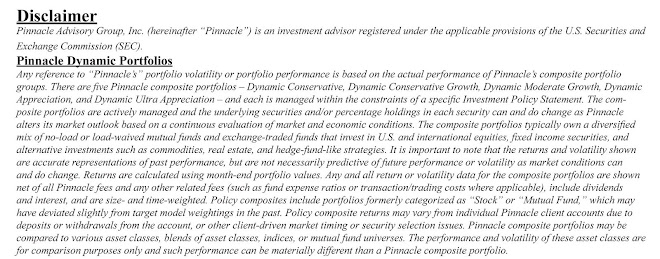Bernanke appeared to have locked up reappointment in December, as the Senate banking committee approved by a 16-7 vote to bring back “Helicopter Ben” for another term. At the time there were some senators that opined that the chairman should lose some of his power going forward, but the assumption was that there would be continuity in terms of who would be leading the Federal Reserve. However, recent political shifting in the wake of the Massachusetts Senate election brought back some doubt in regards to this issue. As political agendas appear to be shifting from health care to Wall Street bashing, last week a number of senators began to circulate the idea that Bernanke’s nomination was no lock. As they did so, the doubt in regards to Chairman Bernanke’s future could be clearly seen in the pricing of future contracts at Intrade.com, which is an online prediction market that allows members to speculate on non sports-related future events (top chart below). As speculators downgraded the possibility of Bernanke’s return, the S&P 500 Index seemed to follow suit (bottom chart below).
While it’s impossible to prove that the uncertainty regarding the Chairman’s reappointment was the primary cause of the S&P drop, it seems reasonable to assume that it was at least a partial contributor to the increased volatility we experienced last week. At Pinnacle we realize that there are many intertwined cross currents that affect market prices, and with stocks appearing to be short-term overbought, it may have just been that investors were looking for any catalyst to purge some of the recent complacency out of the market. Whatever the true reason, to us it was another reminder of how the markets hate uncertainty.


